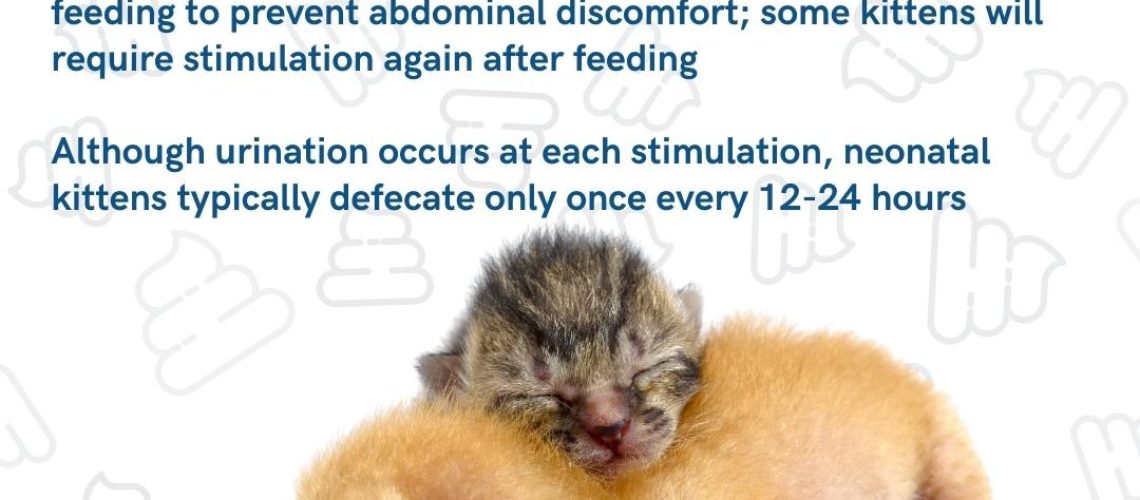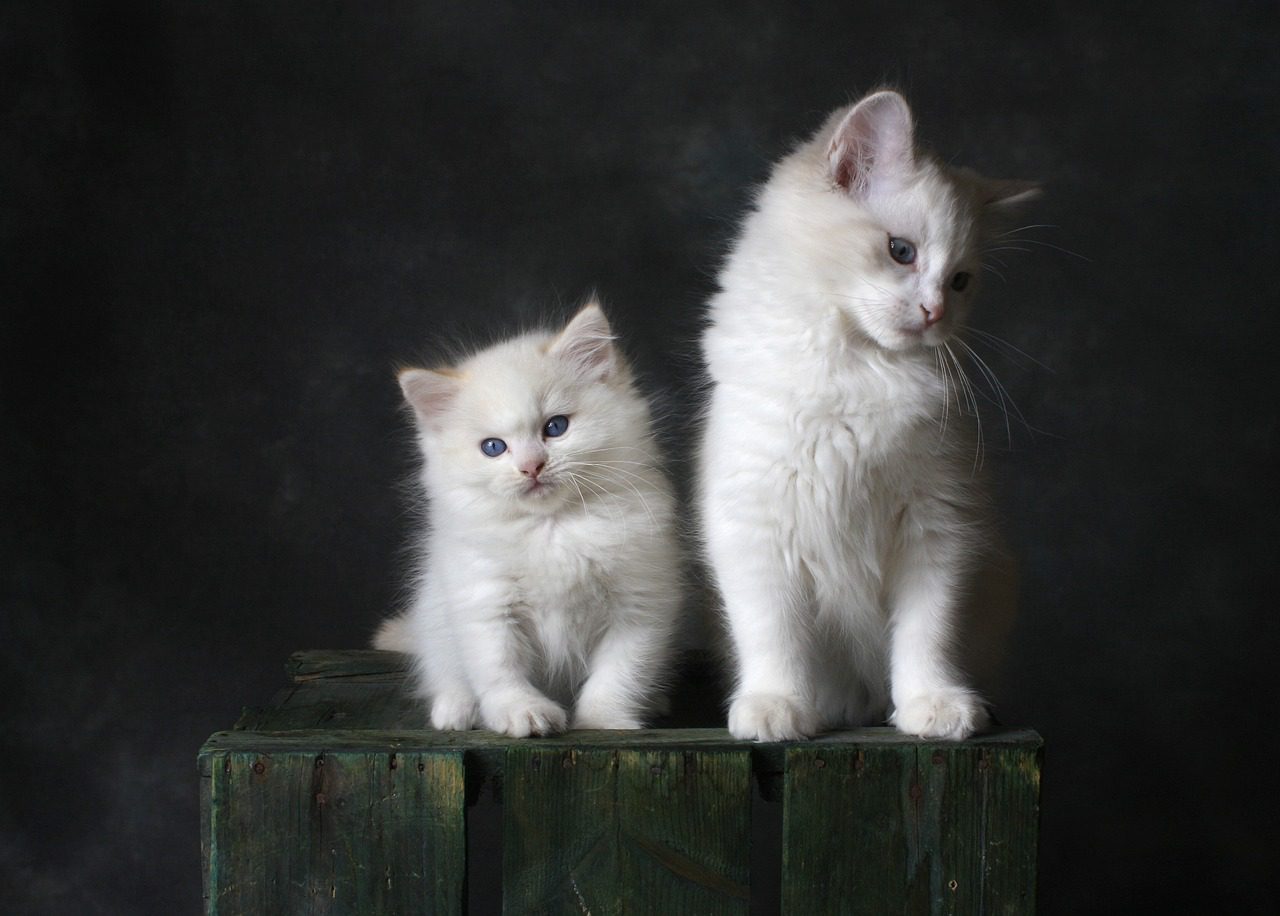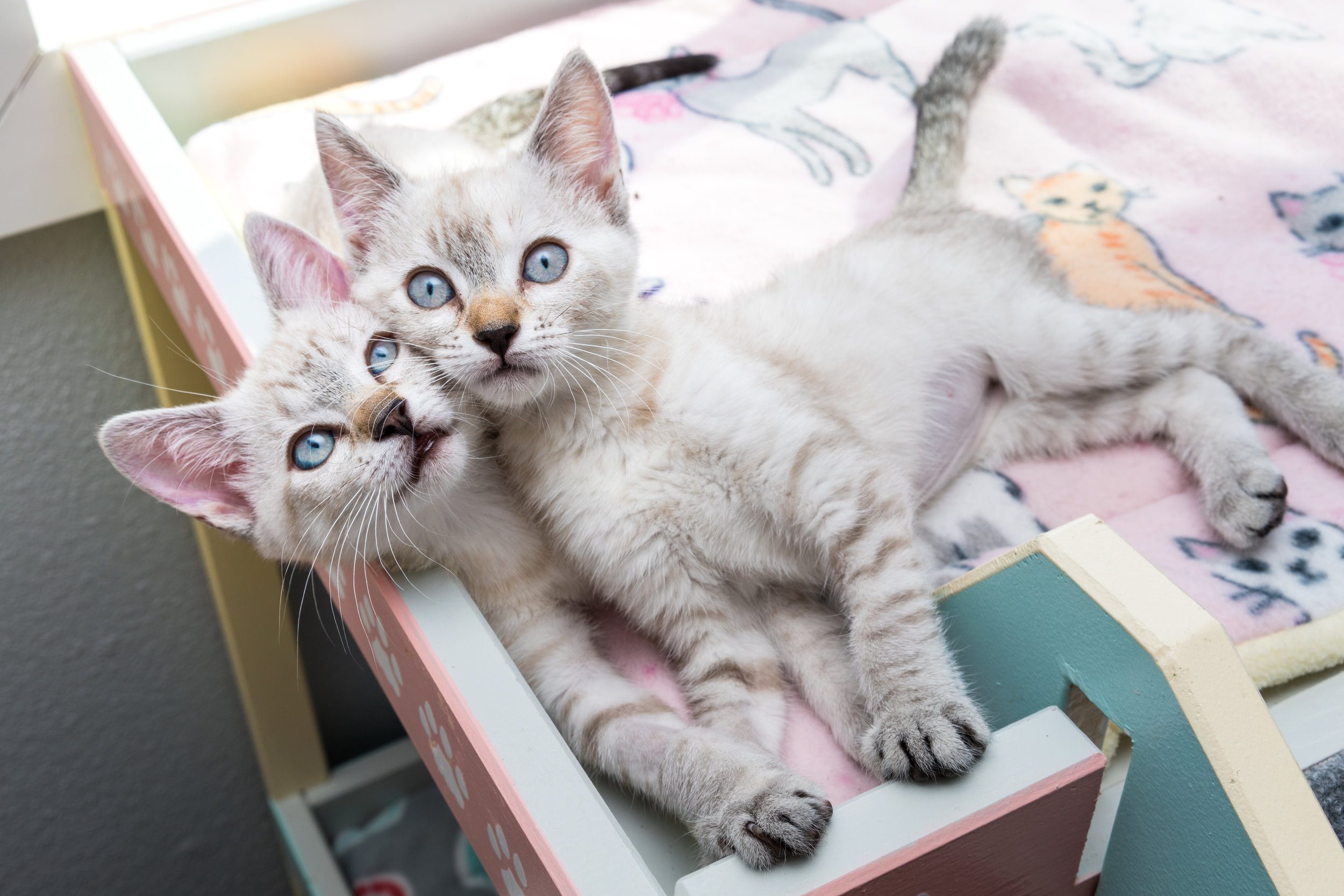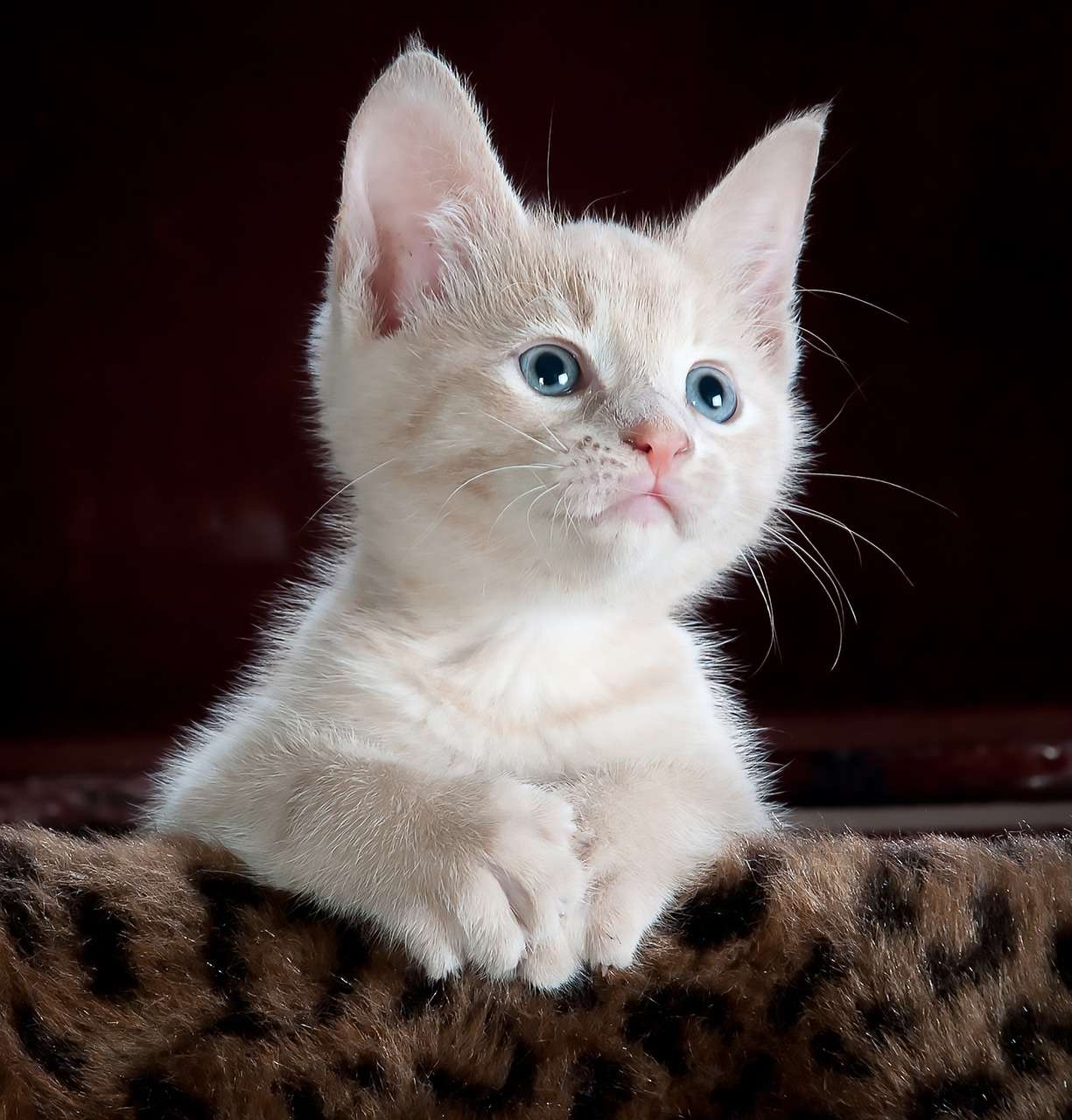Are you a proud owner of a fluffy little kitten? If so, then you know how delightful and adorable these tiny balls of fur can be. But what happens when your precious kitty is feeling a bit under the weather? Well, one common issue that many kittens face is constipation. Now, you might be wondering why understanding this topic is essential. The answer is simple - by learning about kitten constipation and the gentle care tips to alleviate it, you can ensure that your furry friend stays healthy and happy. In this article, we will delve into the world of kitten constipation and provide you with valuable insights on how to care for your little one when they're feeling backed up. So, let's explore the gentle care tips that will keep your kitten purring with contentment!
Key Takeaways:
- Constipation in kittens can be caused by various factors, including inadequate hydration and a lack of dietary fiber.
- Increasing water intake is essential for preventing and treating constipation in kittens. This can be done by providing fresh water at all times and considering wet food options.
- Incorporating more fiber into a kitten's diet can help regulate their bowel movements. High-fiber foods like pumpkin puree or specialized cat food formulas can be beneficial.
- Gentle abdominal massages can stimulate the digestive system and assist in relieving constipation. However, it is important to use gentle pressure and consult with a veterinarian if the issue persists.
- If constipation persists or worsens despite home care efforts, it is crucial to seek veterinary advice as there may be underlying medical conditions that need attention.
Understanding Kitten Constipation: What You Need to Know
Kitten constipation is a condition where a young cat has difficulty passing stool. It can be caused by various factors such as dehydration, lack of fiber in the diet, or even a blockage in the digestive tract. As a responsible pet owner, it's important to understand the signs and symptoms of kitten constipation so that you can help your furry friend feel better.
Causes of Kitten Constipation
There are several reasons why kittens may experience constipation. One common cause is dehydration, which can occur if they don't drink enough water. Another reason is a lack of fiber in their diet, which helps promote regular bowel movements. Additionally, if a kitten ingests something indigestible like string or hairballs, it can lead to a blockage in their digestive system.
Signs and Symptoms
It's essential to recognize the signs of kitten constipation so that you can take appropriate action. Some common symptoms include:
- Straining or crying while trying to pass stool
- Small or hard dry stools
- Loss of appetite
- Lethargy or reduced activity levels
If you notice any of these signs in your kitten, it's important to address the issue promptly to prevent further discomfort.
Signs of Kitten Constipation: How to Tell if Your Kitten is Uncomfortable
Kittens cannot communicate their discomfort verbally, so it's crucial for pet owners to be observant and attentive to their behavior. Here are some signs that indicate your kitten may be experiencing constipation:
Changes in Litter Box Behavior
If you notice that your kitten is spending more time than usual in the litter box without producing any stool or having difficulty doing so, it could be a sign of constipation. Additionally, if they start avoiding the litter box altogether and have accidents outside of it, it may be because they associate the litter box with discomfort.
Abdominal Discomfort
A constipated kitten may exhibit signs of abdominal discomfort. They might meow or cry more often, show signs of restlessness, or even display a hunched posture. It's important to pay attention to any unusual behavior and consult a veterinarian if you suspect constipation.
Decreased Appetite and Water Intake
Constipated kittens may lose their appetite or show reduced interest in food and water. This can lead to dehydration, which can worsen the constipation. If your kitten is not eating or drinking as usual, it's essential to address the issue promptly.
By recognizing these signs, you can take appropriate action to help your kitten find relief from constipation and prevent further complications.
Gentle Home Remedies for Kitten Constipation: Natural Ways to Help Your Kitten Feel Better
1. Increase Fiber Intake
If your kitten is experiencing constipation, one effective home remedy is to increase their fiber intake. Fiber helps promote regular bowel movements and can be found in certain foods. You can try adding a small amount of canned pumpkin or cooked sweet potato to your kitten's meals. These natural sources of fiber can help soften their stool and make it easier for them to pass.
2. Encourage Exercise
Regular exercise is not only important for keeping your kitten active and healthy, but it can also help prevent constipation. Physical activity stimulates the digestive system and promotes regular bowel movements. Make sure your kitten has plenty of opportunities to play and explore, whether it's with toys or by providing them with a safe space to climb and jump.
Nutritious Foods for Constipated Kittens: What to Feed Your Furry Friend
When it comes to choosing the right food for a constipated kitten, it's important to focus on providing them with a balanced and nutritious diet. Here are some options:
a) Wet Food
Feeding your kitten wet food can help increase their water intake, which is essential for preventing constipation. Look for high-quality wet cat food that contains real meat as the main ingredient.
b) High-Fiber Diet
Incorporating high-fiber foods into your kitten's diet can help regulate their bowel movements. Look for cat food brands that specifically mention "high-fiber" or "digestive health" on the packaging.
The Importance of Hydration for Constipated Kittens: Tips to Encourage Drinking
Proper hydration is crucial for preventing constipation in kittens. Here are some tips to encourage your furry friend to drink more water:
a) Provide Fresh Water
Make sure your kitten always has access to fresh, clean water. Change their water bowl regularly to ensure it stays fresh and appealing.
b) Use a Water Fountain
Kittens are often attracted to moving water. Consider investing in a cat water fountain, as the flowing water may entice them to drink more.
Knowing When to Seek Veterinary Help for Your Constipated Kitten
In most cases, constipation in kittens can be resolved with home remedies and dietary changes. However, there are instances when it's necessary to seek veterinary help. Contact your veterinarian if:
- Your kitten is straining excessively or crying while trying to defecate.
- There is blood in their stool.
- Your kitten hasn't had a bowel movement for more than two days.
Preventing Future Episodes of Kitten Constipation: Tips for a Healthy Digestive System
To prevent future episodes of constipation in your kitten, follow these tips:
1. Regular Grooming
Grooming your kitten regularly helps prevent them from ingesting excessive fur, which can contribute to constipation. Brush their coat gently and consider using a grooming glove or brush specifically designed for shedding.
2. Litter Box Management
Ensure that your kitten's litter box is clean and easily accessible at all times. Some kittens may avoid using a dirty litter box, leading to constipation.
By following these gentle home remedies, providing nutritious foods, promoting hydration, knowing when to seek veterinary help, and implementing preventive measures, you can help your constipated kitten feel better and maintain a healthy digestive system. Remember to consult with your veterinarian for personalized advice and guidance.
In conclusion, it is important to provide gentle care for kittens experiencing constipation. By following the tips mentioned, such as adjusting their diet and ensuring they stay hydrated, we can help alleviate their discomfort and promote their overall health and well-being.
What can I do for my constipated kitten?
Kittens suffering from constipation may require extra fluid assistance to help them pass stool, particularly if they are taking laxative medication. Keep the kitten active and encourage movement to stimulate bowel movements. Gently move their legs as if riding a bicycle, massage their abdomen, and promote walking to help things get moving. Soaking them in warm water can also be helpful.
Will olive oil help a kitten poop?
Olive oil can be used as a natural remedy for cats experiencing mild to moderate constipation or irritable bowel syndrome (IBS). Cats with constipation often have hard and dry stool, and olive oil can help soften it and facilitate bowel movements.
Can kitten milk help with constipation?
Historically, milk has been used as a treatment for constipation in cats when given in small quantities. Certain cats can still tolerate and digest milk sugars without any issues. If your cat falls into this category, it is acceptable to provide them with milk. However, it is generally recommended to opt for lactose-free milk as the safest option.
What is the fading kitten syndrome?
Fading kitten syndrome is a condition in which newborn kittens struggle to grow and are at risk of dying before they are able to be weaned. The symptoms can vary depending on the underlying cause and may include excessive crying, low body temperature, lack of energy, isolating from their siblings, weight loss, and difficulty with sucking. This condition was last discussed on February 13, 2023.
Is olive oil safe for kittens?
Cats can consume small quantities of olive oil. However, it is important to remember that cats need a high protein, low carbohydrate diet, and olive oil is a high-calorie pure fat. Therefore, excessive consumption can significantly increase their calorie intake, so it is crucial to limit their intake.
How can I manually stimulate my cat to poop?
There are a few methods you can use to help a constipated cat have a bowel movement. One approach is to increase the amount of fiber in their diet. Another option is to entice them to drink more water by adding flavored broth, using water fountains, or letting faucets drip. Additionally, gently massaging their belly can provide relief.

















